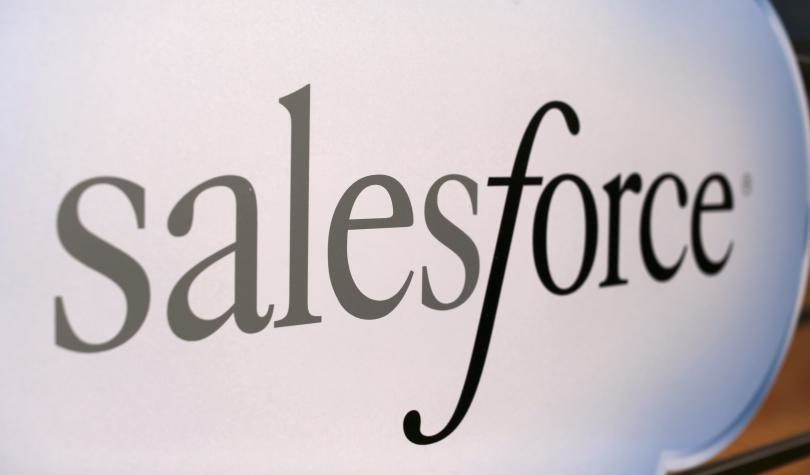HITS Connections

Salesforce Exec: Acquisitions are Helping Company ‘Accelerate Innovation’
Story Highlights
Salesforce continues to see acquisitions as a major contributor to its ability to innovate, according to David Havlek, its EVP of finance.
Mergers and acquisitions (M&As) are “just a way for us to go faster,” he told the Credit Suisse Technology, Media & Telecom Conference Nov. 30 in Scottsdale, Ariz. “We think of M&A as a way to accelerate innovation.”
Salesforce uses M&As to “further the core” of its business and also to “lay the foundation for the future,” he said, pointing to artificial intelligence (AI) as one example of the latter. The company has made some purchases that “laid the foundation for artificial intelligence that will be a big part of Salesforce’s future,” he said, referring to his company’s purchase or acquisitions of RelateIQ, MetaMind, Implisit, PredictionIO and Tempo AI in recent years.
Those purchases helped Salesforce create Einstein, its new AI platform. Einstein is “super important in terms of bringing AI into our customers’ space to give them intelligence on top of all the data they’ve put inside of our service,” Havlek told the conference. AI enables Salesforce’s service to learn from itself and helps the user be more productive, he said, noting that greater productivity is something its customers all value.
He added: “This idea of machine learning inside of software is very, very important, and multi-tenant software companies, I think, are unusually advantaged because of the enormous of data that’s been poured inside of them by their customers.”
In most cases, Salesforce’s acquisitions are being made without any major impact on the company’s results, he said, explaining: “From a financial perspective, we’ve reached a scale now where generally we can do M&A and have it be immaterial to any of our financial results from a margin perspective. We made a lot of acquisitions this year and didn’t change any of our profitability guidance. We really view a lot of that as inorganic talent, inorganic capability” and innovation “coming into the company.”
One exception was Salesforce’s $2.8 billion purchase of Demandware early this year, because that was such a large deal, he said. But he said of that purchase: “The integration process is going well and we’re on track to meet our financial goals for that business as well.”
He called the third quarter that ended Oct. 31 a “really great rebound quarter” for Salesforce, citing the strong revenue and cash flow it reported, as well as the fact that it beat the company’s earnings-per-share expectations and experienced “really good strength across all of our businesses.”
“We enter the fourth quarter with a lot of wind in our sails,” he said. But, only one month into the fourth quarter, he said, there’s “lots of execution to come” in this “super important quarter.” Salesforce shares were down 4.4% at about $68.80 in afternoon trading Dec. 1 after closing at $72 the prior day.









